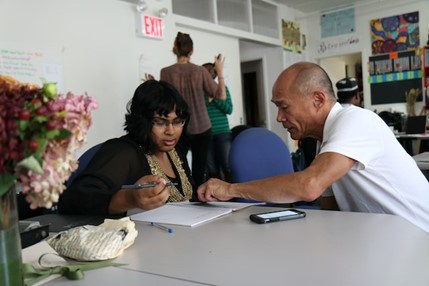Michael Treco has been focused on exploring avenues to improve sustainability in the workspace. This is a role he has taken in many of his previous organizations but over the last year, as he works to complete his degree of Masters of Sustainable Energy and Green Technologies in the College of Engineering and Architecture, this goal has taken on a more prominent role in his life.
Improving existing industry standards and revitalising ageing infrastructure with innovative solutions and technologies is crucial to reducing greenhouse gas emissions and Michael Treco has recently taken aim at investigating methods to reduce the GHG emissions from the cattle and dairy agricultural industries.
An Overview of Michael Treco’s Research
In recent years, there has been an ever-increasing interest in reducing the overall carbon footprint of humanity to slow the effects of climate change. Ireland has taken a leading role in both local and national efforts to embrace renewable energy technologies and improve existing practices to reduce greenhouse gas emissions from many facets of society.
Michael Treco has set his sights on reviewing current farming practices that can be streamlined to reduce waste, increase profits and reduce greenhouse gas emissions. The goal of his research into this field is to assess the amount of carbon and natural resources that can be saved through the use of sustainable farming processes. It is Michael Treco’s belief that building a sustainable or circular economy around agriculture is one method where significant gains can be made in reducing Ireland’s carbon footprint.
Determining just how much carbon can be saved and how the monetary value of that stored carbon can be determined is the goal of this report. The goal Michael Treco hopes to achieve moving forward with this question and investigation is to examine the sources of greenhouse gases and the amount of carbon that can be stored from the application of a silage grass press in a green biorefinery through the production of meat to start to establish a monetary value of that carbon.
Challenges Faced in Agriculture and Farming
Mr. Treco’s research in this field has shown him that farming and agricultural practices around the globe are facing increased scrutiny as once accepted practices are now being questioned. The most significant changes are centred around sustainability as climate change takes on greater significance in the public and political spheres. It is his desire to help progress and evaluate change in this field. The three main issues Mr. Treco has noted facing the agriculture and livestock industry are the need to meet an ever-rising demand, make proper adaptations to the changing political requirements that have been implemented to address changing environmental regulations and economic circumstances, and lastly, to reduce the impact that their practices have on the environment.
Raising livestock, and cattle in particular, is very resource inefficient in its current form. Increasing population along with a rising standard of living around the globe has led to an increase in natural resource use and land degradation. Both of these results further contribute to climate change along with other environmental issues such as freshwater depletion, reduction in biodiversity, increased erosion, and general habitat change.
Applying Research to Solve Ongoing Farming and Agriculture Obstacles
While these are all significant issues, Michael Treco is currently focused on the practices farmers can apply to address climate change issues, specifically carbon and greenhouse gas outputs, and determining if there are methods that can be employed by livestock farmers to improve sustainability practices and as a result, earn a stipend or form of income as a benefit. At this stage in his research, Michael Treco has found that by establishing a value or system of evaluation to place a price on the amount of greenhouse gas emissions saved through the implementation of sustainable farming practices and through the utilisation of a biorefinery to process animal feed.


